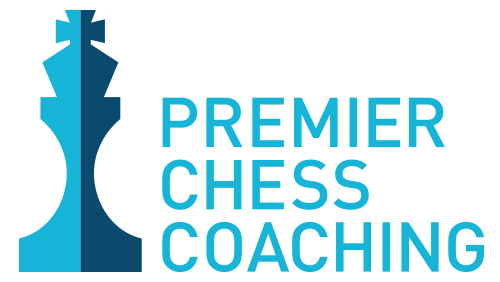Chess, the ancient game of strategy and tactics, has long been revered for its ability to stimulate the intellect and test one’s decision-making prowess. Beyond the sixty-four squares, chess offers invaluable insights that extend far into the realm of business leadership. In this article, we embark on an exploration of the enthralling parallels between chess strategies and the art of decision-making in the realm of business leadership. Just as chess grandmasters orchestrate their moves to claim victory, entrepreneurs and leaders can glean timeless principles from this ancient game to navigate the intricate challenges of business
The Power of Long-Term Vision:
In chess, every move is part of a broader strategy, leading to a well-defined goal: checkmate. Similarly, business leaders must cultivate a long-term vision. A well-defined vision acts as the guiding star, ensuring that every decision made serves the overarching goals and enduring success of the organization. Just as a chess player’s every move aligns with their checkmate strategy, a leader’s decisions should harmonize with the organization’s overarching vision to achieve long-term triumph.
Calculated Risk-Taking:
Chess players understand that every move carries risks and rewards. The ability to calculate risks and make informed decisions is a hallmark of chess mastery. In the business world, leaders must also weigh risks, making calculated decisions that propel their companies forward while mitigating potential setbacks.
Strategic Adaptability:
Chess teaches us the value of adaptability. Players must be flexible, adjusting their strategies based on their opponent’s moves. In business, leaders face ever-changing market dynamics. Being agile and willing to pivot when necessary is a valuable trait that leads to success.
Planning and Patience:
Chess requires meticulous planning and patience. Leaders must similarly plan meticulously, often dealing with complex scenarios and uncertain outcomes. Patience is a virtue that allows leaders to weather storms and stay the course.
Anticipating Competitor Moves:
In both chess and business, anticipating the moves of opponents (or competitors) is crucial. Studying competitors’ strategies and staying one step ahead can provide a significant advantage.
Learning from Mistakes:
Chess players review their games to learn from mistakes. In the business world, leaders must conduct post-mortems on decisions gone awry, extracting lessons for future choices.
Conclusion:
Chess is a game of intellect, strategy, and decisiveness. It mirrors the challenges faced by business leaders who must make choices that shape their organizations’ destinies. By drawing parallels between the two worlds, entrepreneurs and leaders can harness the wisdom of chess to inform their decision-making.
Just as a well-executed move can lead to checkmate on the chessboard, a calculated decision can propel a business toward victory in the marketplace. In chess and business alike, the art of decision-making is a journey of continuous learning and adaptation, where the strategic mind thrives, and success is achieved move by move.
If you’re eager to explore further insights into applying chess strategies for business and enhancing your leadership skills, don’t hesitate to get in touch with us.


